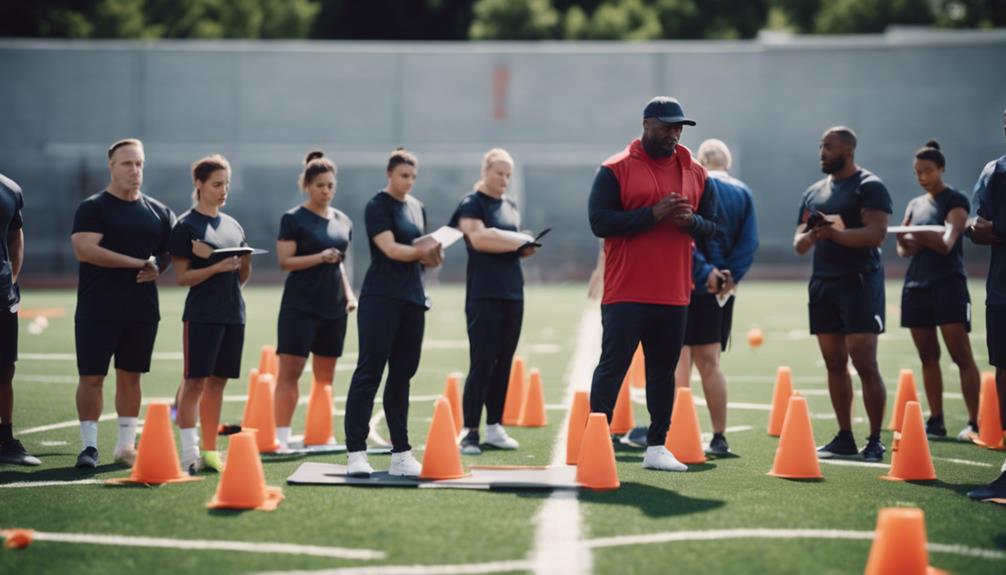In the aftermath of an auto accident, one of the first concerns victims face is how to manage the financial implications of their injuries. Many individuals wonder whether their health insurance will cover the costs associated with auto accidents, including medical expenses, rehabilitation, and ongoing treatment. Understanding the nuances of health insurance policies and related coverages is essential for navigating this complex landscape effectively. This article breaks down key aspects surrounding health insurance and auto accident injuries to inform and empower those affected.
Auto accident injuries can range from minor bruises and whiplash to catastrophic injuries like spinal cord damage or traumatic brain injuries. Such injuries often require immediate medical attention and can lead to ongoing treatment. Health insurance, as a financial safety net, plays a crucial role in covering these medical expenses. However, the extent of coverage depends on various factors, including the type of health insurance plan, state regulations, and whether other coverages, such as Personal Injury Protection (PIP), are available.A Person Covered With An Individual Health Plan Quizleta patient received physical therapy exercises
Understanding Auto Accident Injuries and Health Insurance
When involved in an auto accident, the nature and severity of the injuries sustained can drastically influence the type and amount of coverage available through health insurance. Most health insurance plans will cover medical services related to injuries stemming from an accident, but there may be limitations based on the policy’s terms and conditions. In many cases, health insurance can cover emergency room visits, surgeries, medication, and rehabilitation services. However, the insured must meet their deductible before their health insurance begins to pay for these services.
It is vital to note that health insurance may not cover all the consequential costs of an auto accident. If the injured party files a lawsuit against the at-fault driver for damages, their health insurance may seek reimbursement for the medical expenses it covered. Understanding the interplay between health insurance and auto accident claims can help victims make informed decisions about their treatments and claims.
What Health Insurance Typically Covers for Injuries
Health insurance typically covers a wide range of medical services for auto accident injuries. This includes hospitalization, surgical interventions, diagnostic tests like X-rays and MRIs, and outpatient services such as physical therapy or rehabilitation programs. Additionally, prescriptions for pain management and other necessary medications are generally included under health insurance policies. Therefore, after an accident, it is crucial for victims to seek timely medical attention to ensure that their health insurance covers the subsequent treatments.
That said, coverage can vary significantly depending on the specific health insurance plan. Some plans may have restrictions on which providers can be visited or may require pre-authorization for specific treatments. As a result, it is advisable for policyholders to familiarize themselves with their coverage limits and any necessary steps required to ensure their medical needs are met post-accident.
The Role of Personal Injury Protection (PIP) Coverage
Personal Injury Protection (PIP) coverage is a vital component of auto insurance that can significantly impact how injuries from an auto accident are addressed. PIP, also known as "no-fault" insurance, is designed to cover medical expenses and other related costs regardless of who was at fault in the accident. This means that victims can receive compensation for their medical bills, lost wages, and other expenses without having to wait for a determination of liability. In states where PIP is mandatory, having this coverage can provide immediate financial relief for accident victims.
In many cases, PIP will cover expenses that health insurance might not fully address, such as lost earnings due to missed work or necessary household expenses due to injury. However, PIP coverage limits and requirements can vary from state to state, making it essential for individuals to understand their specific policy details. If PIP is available in the state of an accident, it can serve as a vital resource for managing medical costs and personal expenses as the recovery process begins.
Factors Influencing Health Insurance Claim Approvals
Several factors can influence the approval of health insurance claims related to auto accident injuries. Primarily, the specifics of the insurance policy itself dictate what treatments are covered. For instance, if the policy has exclusions for certain types of injuries or services, claims related to those may be denied. Furthermore, compliance with policy requirements—such as obtaining pre-authorization for specific treatments or using in-network providers—can significantly affect whether claims are approved.
Another critical factor is the documentation submitted with claims. Comprehensive medical records, bills, and detailed explanations of the injuries and treatments received can enhance the chances of approval. Health insurance companies often conduct reviews to ensure that the submitted claims align with the policy terms. Being diligent in record-keeping and providing detailed documentation can make a substantial difference in the outcome of a claim.
Navigating the Claims Process After an Auto Accident
After an auto accident, navigating the claims process can be daunting, particularly when dealing with health insurance providers. Victims should take immediate action to report their injuries to their health insurance company, ensuring they provide all necessary information and documentation to initiate the claims process. It’s advisable to keep detailed records of all communications, treatment plans, and medical bills related to the accident to facilitate smoother processing of claims.
Additionally, understanding the timelines involved in the claims process is essential. Insurance providers often have specific timeframes within which claims must be submitted, which can vary from one policy to another. Victims should be proactive in following up with their insurance company to monitor the status of their claims and address any issues that may arise during the evaluation process.
Common Exclusions in Health Insurance Policies Explained
While health insurance typically covers various medical expenses related to auto accidents, there are common exclusions that policyholders should be aware of. For instance, many policies may not cover injuries sustained while driving without a valid license or while under the influence of drugs or alcohol. Additionally, some plans may exclude coverage for injuries resulting from certain high-risk activities or pre-existing conditions exacerbated by the accident.
Understanding these exclusions is crucial, as they can have a significant impact on the financial assistance available after an accident. Victims should closely review their policy documents to identify any potential exclusions that may affect their claims. Being informed about these limitations can help individuals prepare for any financial responsibilities they may face in the aftermath of an accident.
How to Maximize Coverage for Your Accident Injuries
To maximize coverage for injuries sustained in an auto accident, victims should adopt several proactive strategies. First, it is essential to seek immediate medical attention, as prompt treatment not only ensures better health outcomes but also provides a clear record of the injuries sustained. This documentation will be crucial when filing claims with health insurance or other insurance policies.
Additionally, victims should thoroughly understand their health insurance policy and explore any additional coverages, such as PIP or MedPay (Medical Payments coverage), that may help cover out-of-pocket medical expenses. Keeping detailed records of all treatments, communications with insurers, and receipts for any medical costs is vital for substantiating claims and ensuring that all eligible expenses are accounted for in the coverage process.
Seeking Legal Advice for Insurance Disputes and Claims
In cases where health insurance claims are denied or disputed, seeking legal advice may be necessary. An experienced attorney specializing in personal injury and insurance claims can offer valuable insights into navigating the complexities of the claims process. They can help victims understand their rights under the law and assess whether further legal action against the insurance company is warranted.
Additionally, legal professionals can assist in negotiating with insurers to ensure that victims receive the compensation they deserve for their injuries. If a claim is denied, an attorney can help gather the necessary documentation and evidence to appeal the decision or bring forth a lawsuit if necessary. Having legal support can be instrumental in overcoming obstacles in the claims process and securing adequate coverage for accident-related injuries.
Understanding whether health insurance will pay for auto accident injuries is crucial for anyone who finds themselves in this unfortunate situation. By familiarizing oneself with the complexities of health insurance, PIP coverage, and the claims process, accident victims can better navigate their recovery and ensure they receive the necessary financial support. It is vital to be aware of potential exclusions and to seek legal advice when necessary to protect your rights and maximize your coverage. In doing so, individuals can secure a pathway to recovery, allowing them to focus on healing rather than financial stress.


